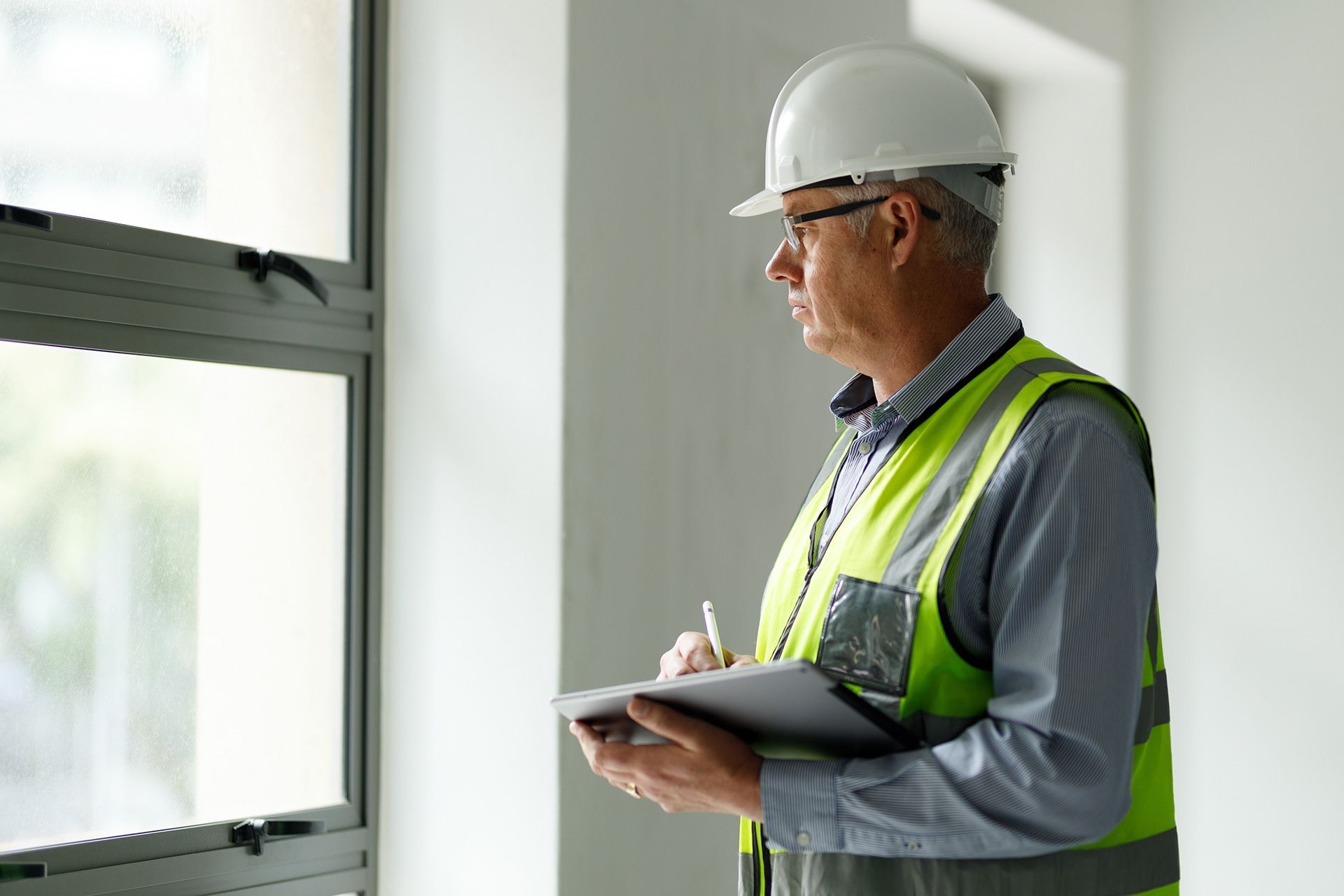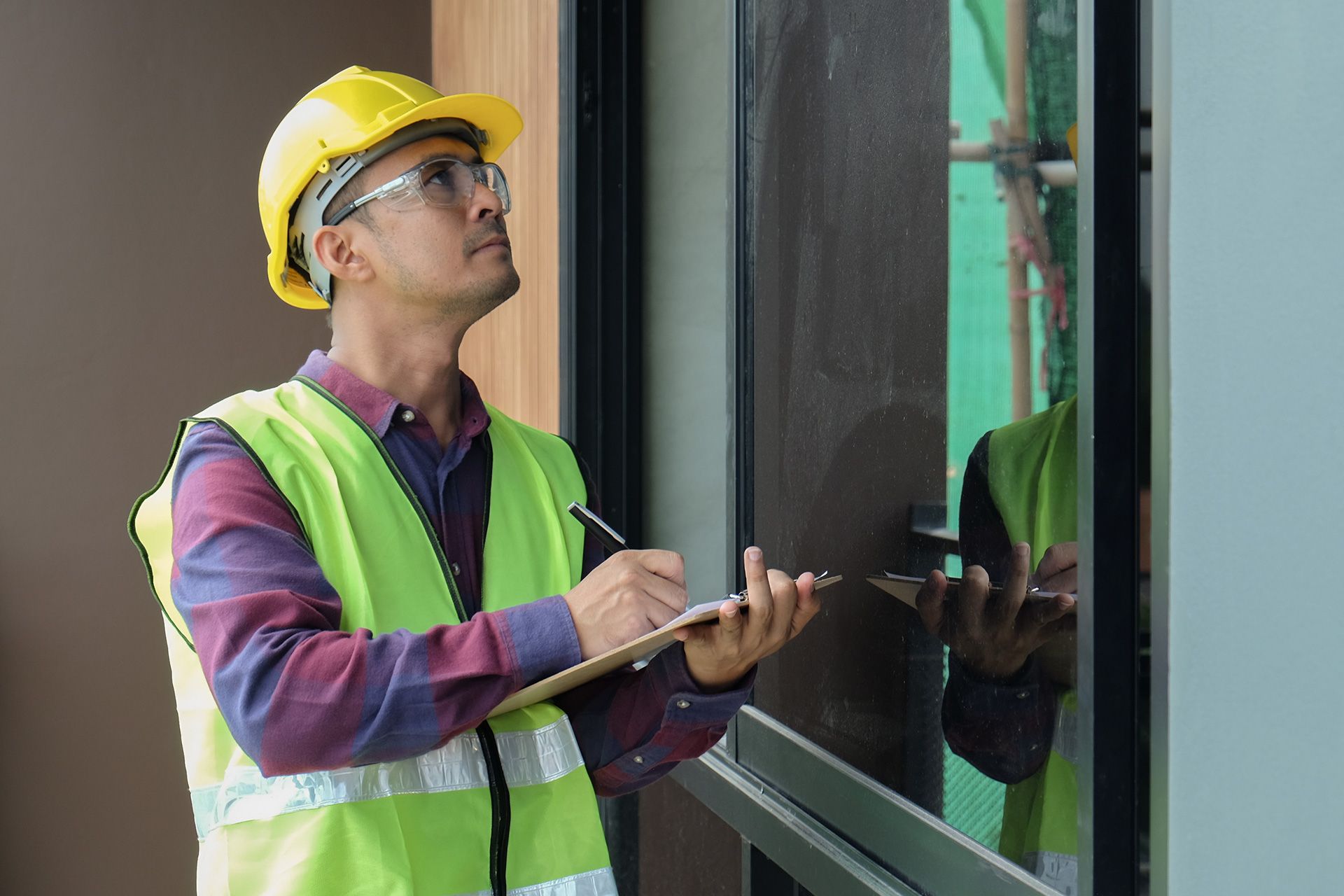A Complete Guide to Understanding Home Inspections
Buying or selling a home is one of the biggest financial decisions most people make in their lifetime. But before closing the deal, it’s crucial to understand what’s going on beneath the surface of your dream property. That’s where a home inspection comes in.
A home inspection helps you see the true condition of a house — beyond its paint, flooring, and curb appeal. It’s a professional evaluation that identifies existing or potential issues so you can make informed decisions. In this guide, we’ll explain what a home inspection is, what it covers, why it matters, and how you can prepare for it.
What Is a Home Inspection?
A home inspection is a detailed examination of a property’s physical structure and systems. A certified home inspector visually checks all major components of the home — from the roof to the foundation — to ensure everything is safe and in good working order.
The inspection typically takes 2 to 4 hours, depending on the home’s size, age, and condition. Afterward, the inspector provides a written report that outlines their findings, including any defects, safety hazards, or maintenance concerns.
Why Are Home Inspections Important?
Home inspections give buyers peace of mind and help sellers avoid surprises during the sale process. Here’s why they’re so valuable:
- Protect Your Investment:
A home is a major purchase, and an inspection helps you avoid costly repairs later.
- Reveal Hidden Problems: Inspectors can spot issues that aren’t obvious, such as plumbing leaks, faulty wiring, or roof damage.
- Negotiation Power:
If major issues are found, buyers can request repairs or negotiate the price before closing.
- Ensure Safety:
Inspections check for health and safety risks, like mold, radon, or structural instability.
- Peace of Mind: Knowing the home’s true condition gives buyers confidence before making their final decision.
What Does a Home Inspection Include?
A standard home inspection covers most major systems and components of a house. Here’s a breakdown of what inspectors typically examine:
1. Exterior and Roof
Inspectors check the
roof’s shingles, gutters, flashing, and drainage. They also look for cracks or damage in the siding, foundation, and grading around the home that could lead to water problems.
2. Foundation and Structure
A strong foundation is the backbone of any home. Inspectors look for cracks, uneven floors, and signs of water intrusion that could indicate structural issues.
3. Plumbing System
They inspect visible pipes, water heaters, sinks, and toilets to ensure there are no leaks, corrosion, or water pressure issues.
4. Electrical System
The inspector checks outlets, light fixtures, circuit breakers, and wiring for safety and compliance with electrical standards.
5. Heating and Cooling (HVAC)
Inspectors assess the HVAC system’s efficiency, age, and performance. They’ll note whether the system is in good condition or nearing the end of its life.
6. Interior Components
This includes walls, ceilings, floors, doors, and windows. Inspectors look for cracks, moisture stains, or other signs of damage.
7. Attic and Insulation
Proper insulation and ventilation are key to maintaining energy efficiency. The inspector will check insulation levels and look for mold or water stains.
8. Basement and Crawl Space
Inspectors check for dampness, proper ventilation, insulation, and pest activity.
9. Appliances
Major built-in appliances, like stoves, dishwashers, and exhaust fans, may also be tested to confirm they function correctly.
What’s Not Included in a Standard Home Inspection?
While home inspections are detailed, they aren’t exhaustive. Most inspectors don’t evaluate:
- Septic systems or sewer lines (unless you book a
sewer scope inspection)
- Swimming pools or hot tubs
- Pest infestations
- Asbestos, radon, or mold testing (these require specialized services)
If you’re concerned about any of these areas, you can request specialized inspections for an additional fee.
How to Prepare for a Home Inspection
Whether you’re a buyer or a seller, preparation can make the inspection smoother.
For Buyers:
- Be present during the inspection to ask questions.
- Take notes or photos for reference.
- Review the inspection report carefully and discuss it with your real estate agent.
For Sellers:
- Make sure all areas of the home are accessible, including the attic, basement, and electrical panels.
- Replace burnt-out light bulbs and test smoke detectors.
- Clean up clutter and clear access around systems like the water heater or furnace.
Common Issues Found During Home Inspections
Here are some of the most common problems inspectors find:
- Roof damage –
Missing shingles, leaks, or aging materials.
- Faulty wiring – Outdated electrical panels or unsafe wiring.
- Plumbing leaks – Slow drips or water pressure issues.
- Foundation cracks – Signs of settling or water damage.
- Poor drainage –
Improper grading causing water pooling near the foundation.
- HVAC issues –
Old or inefficient systems.
- Insufficient insulation –
Poor energy efficiency leading to higher utility bills.
These aren’t necessarily dealbreakers, but they should be considered when negotiating repairs or pricing.
After the Home Inspection
Once the inspection is complete, you’ll receive a detailed report that summarizes the findings. The report may include photographs and recommendations for repairs or further evaluations.
Buyers can use this report to:
- Request repairs before closing.
- Negotiate a lower sale price.
- Ask for a home warranty.
- Walk away from the deal if serious issues are uncovered (depending on contract terms).
Sellers, on the other hand, can use inspection results to make repairs early and present their home in the best possible condition.
Choosing the Right Home Inspector
Selecting a qualified home inspector is just as important as the inspection itself. Look for:
- Certification and licensing
(varies by state).
- Experience and reviews from past clients.
- Insurance coverage (errors and omissions insurance).
- Detailed sample reports showing what to expect.
A professional and experienced inspector provides honest, unbiased insights that help you make smart real estate decisions.
Conclusion
A home inspection is one of the smartest steps in any real estate transaction. It protects your investment, ensures your family’s safety, and gives you the confidence to move forward with peace of mind. Whether you’re buying your first home or selling a long-loved property, a thorough inspection helps you make the best decision possible.
Ready to schedule your home inspection in Michigan? Contact Elevate Inspection Group today and make your next move with confidence!
FAQs About Home Inspections
How much does a home inspection cost?
In the U.S., a typical home inspection cost depends on the size and location of the property.
Should I attend the home inspection?
Yes. Attending lets you see issues firsthand and ask questions about maintenance or repairs.
Can a home inspection fail?
No, there’s no “pass” or “fail.” The inspector simply reports findings so you can make informed choices.
How long does it take to get the inspection report?
Most inspectors deliver reports within 24 to 48 hours after the inspection.
Do new homes need an inspection?
Yes! Even new constructions can have hidden issues like poor wiring, leaks, or insulation problems.
Disclaimer: The information on this website and blog is for general informational purposes only and is not professional advice. We make no guarantees of accuracy or completeness. We disclaim all liability for errors, omissions, or reliance on this content. Always consult a qualified professional for specific guidance.




